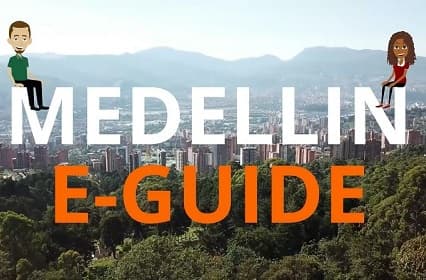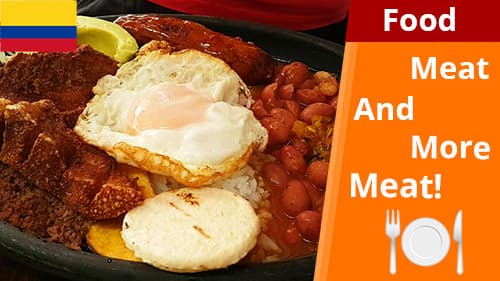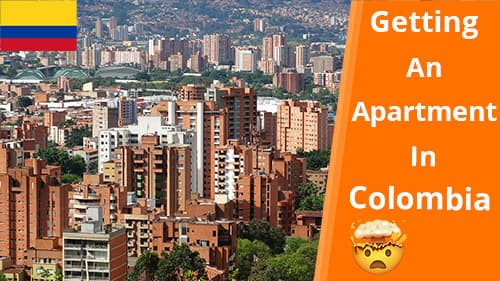
Colombian Spanish And Its Many Tongue Twisters
Every Latin American country has its own twists to the Spanish language. Especially the Colombian Spanish in Medellin for example. But there are many more.
A good example is the word “friend” in Mexico “cabrón”, in Guatemala “alero”, in Costa Rica “mae” and so on. There are of course many words that have many meanings and will be used differently depending on the situation.
Some words can also be very innocent in one country and can be insulting in another country. Spanish can be tricky. The Spanish language in the different regions of Latin America is influenced by a lot of indigenous words too. Especially in countries like Mexico, Guatemala and Peru.
The Colombian Spanish also has its specialties. But one should never forget Colombia is a big country with a lot of different regions. So a word can be commonly used in one part of Colombia, but is rarely used in another part.
The Costeños (people from the Caribbean coast of Colombia) for example are notorious to speak very unclearly, fast and to cut their words. The Paisas (people from Antioquia, Quindio, Risaralda) have a melodic sound to their Spanish accent. The Rolos (people from Bogotà) speak very clearly.
But when people speak about Colombian Spanish, they usually mean the accents from Medellín or Bogotà which are similar in many ways.
Why Students Prefer The Colombian Spanish
The Colombian Spanish is famous for its clarity and is preferred by many students who want to learn the Spanish language abroad. Many articles say that Colombian Spanish is the easiest to learn and is very close to standardized Spanish, instead of being overly complicated.
One example for a more difficult Spanish to learn, is the Argentinian Spanish, where they even use completely different words like “vos” (you) instead of “tú” (you).
In this article we will have a look into the Colombian Spanish, or to be more exact, the Paisa (Antioquia, Quindio, Risaralda) Spanish. In the expat circles, this is also known as “Paisa accent” or “Paisa slang”. So without further ado, here is my list of 13 Paisa words or Paisa slang expressions.
Parcero or Parcerito (Dude, Friend…)
This is one of the most famous and most commonly used Paisa slang words.
It means dude, friend… This word you surely have to know when you come to Medellín.
Que mas? (What’s Up?)
This is another form of “Que tal” which is more commonly used in the Spanish language.
It’s a more informal (but not rude) way to say What’s Up. Even though the polite form of Cómo Estás is very common, even around friends. Que mas is another very famous Paisa slang.
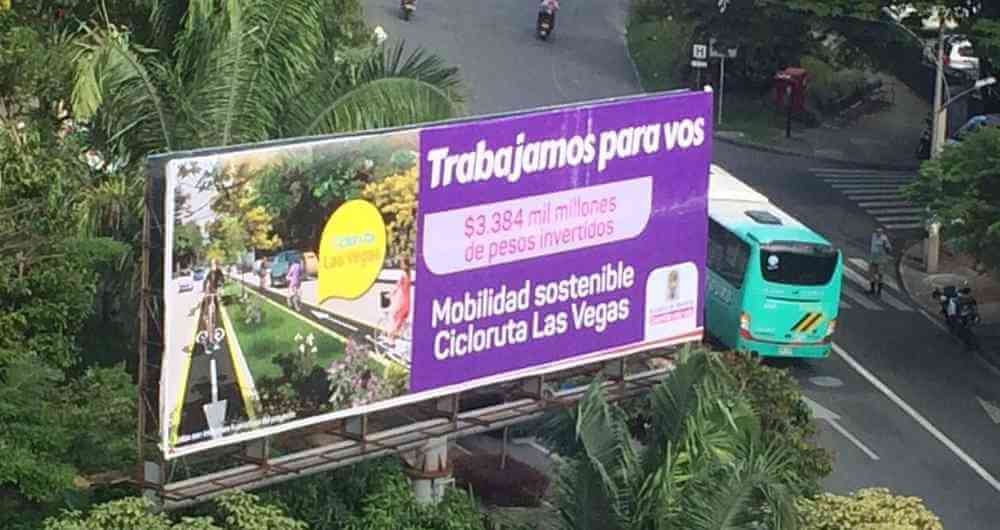
Vos (You)
If you read the upper part of the article, you saw that I said Colombian Spanish is near to standard Spanish and does not use too many strange words, like for example the Argentinians with the word “Vos”. I hate to break the news to you, but in Medellin, they also use the word “Vos”. As confusing it may sound, the main difference is that the Argentinians only use the following words:
- Vos (You informal)
- Usted (You formal)
In Medellin they use:
- Tú (You, informal)
- Vos (You, informal)
- Usted (You, formal)
Ok, now you’re maybe more confused than ever. The good thing is that people rarely use the “Vos” form. A confusing thing can be that in the same conversation somebody can address you with Vos and Tú and even Usted. I first saw the word “Vos” in Medellín, on a street sign from the mayor’s office where it said, “Trabajamos para vos” (we work for you).
Learning another language is never easy but don’t be discouraged, just go with the flow and once you adapted more to life in Medellin, try to incorporate Vos in your vocabulary to sound even more Paisa-ish.
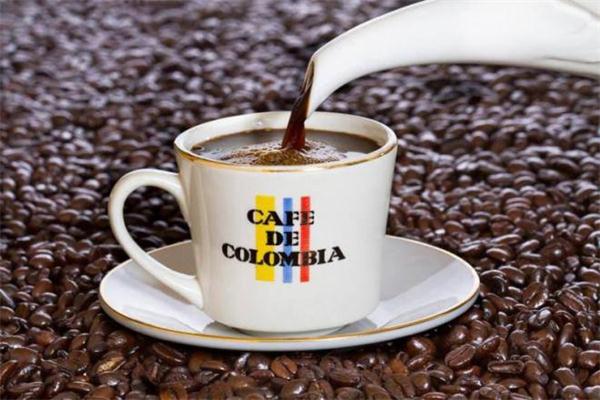
Tinto or Tintico (espresso/ black coffee)
A Tinto is what most people order when they sit in a small café. It’s very common in the Paisa slang and the culture of Medellín.
…ito or ico (no direct translation)
One thing that was surprising to me is that a lot of words in the Paisa slang can end with “…ito” or ”…ico”. Like in the examples above a Parcero (dude) will become a Parcerito (dude) or a Tinto (coffee) a tintico (coffee).
The idea of ending a sentence with “ito” or “ico” is that it sounds cuter/smaller so a small coffee, becomes more likely a “Tintico” instead of being a “Tinto”. But that’s not always the case. I’ve experienced many situations where for no apparent reason a word just ended in “ito” or “ico”.

Guayabo (Hangover)
They call the fruit Guayaba (Guava) and Guayabo, which sounds similar to the fruit means hangover. Why? I have no idea and every Paisa I asked could not explain it to me either.
LL and Y (expression)
The only not so Standard Spanish thing about the Paisa accent is that the LL or the Y sound, sounds a little different than the Spanish thought in many schools in the US and Europe. A couple of examples for words are; Pollo, Medellín, Playa, Guayabo.
In Medellin these “LL” and “Y” letters do not sound like what we are used to from other Spanish speaking countries like Mexico and all of Central America. What people learn in most Spanish classes around the world is that LL and Y sound something like an “I or J” , but not to dominant or almost with no sound.
But in Medellin the LL and Y sound like a fast “dsh”. This is especially dramatic in the Word “Medellin”. Many Paisas hate when people pronounce the word Medellin like “Medeiin” instead of “Mededshin”. A little heads up for first-time visitors.
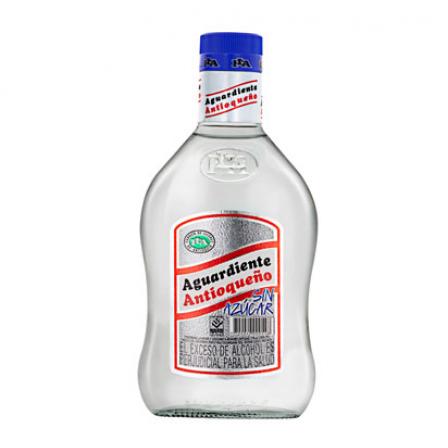
Guaro (Aguardiente)
When you’re at a party and somebody shouts, Guaro! He most probably wants another shot of AguardienteAntioqueño. The famous liquor of the Antioquia region. “Guaro” is just the short form word for Aguardiente.

A La Orden (Service personal sentence)
“A La Orden” is a phrase that many vendors or waiters use. It can mean more or less two things.
“I’m ready to take your order”, or “can I help you?”, when you enter a store.
A little bit like Apu from the Simpsons, when he says “Thank you come again”
Especially often you hear that phrase from street vendors. They shout the word at people passing by at two-second intervals, to get attention. As if it would not be clear to you, that they sell stuff.
Some vendors embodied the word so much that they literally shout, “A la orden” if they hear some kind of noise, even if it comes from a bird on a tree.
Plata (Money)
Plata’s direct translation is silver. But “Plata” in Medellín most likely means money. Many already know the famous sentence of Pablo Escobar, “Plata o Plomo (Money or Lead).
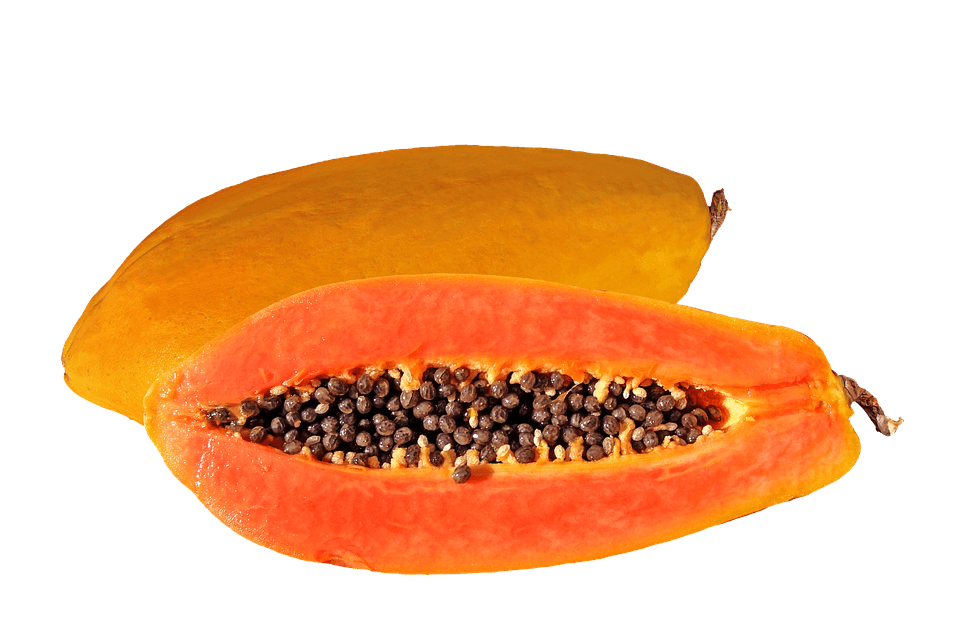
No Dar Papaya (no direct translation)
Another fruit related expression. “No Dar Papaya”, means directly translated “not giving Papaya”. The meaning behind the expression is that you shouldn’t flash your stuff, leave the backdoor open, walk around in the city center at night, in order to stay safe. This expression is mostly related to tell somebody that they should be careful in regards to safety.
Chimba (Just read please :S)
Now this is a good one. Do you remember that I wrote in the top part of the article that some Spanish words are very innocent in one part of Latin America and in another, the same word can be insulting?
Chimba has two meanings.
In Medellín: Cool, Good, Fun…
Almost everywhere else: Women’s private parts.
So if you hear a Paisa say “Ah, que chimba”, this means, “Oh, how cool” but if you then go to Bogotà and shout Chimba all day long… let’s say, you will not have the most pleasant day…
Don’t get me wrong, you don’t go up to an abuela (grandma) in Medellín neither, to say, “que chimba”, but nevertheless the phrase is commonly used between friends and is not insulting.
I leave it to your imagination to find out where this expression comes from. I have no idea…
Bacano (cool, good)
A good alternative to say “Que Chimba” if you want to express “How cool” is to say “Que Bacano”. Bacano is also a Paisa word and is in no way insulting or rude in other parts of the world.
Conclusion – Colombian Spanish
At the end I want to point out that the people from Medellín use a very polite form to communicate. And be aware polite and friendly is not the same thing. Polite means that they are accustomed to use polite forms of talking to each other and that people here are very aware of what words they use.
Especially to a respect person, elderly person or a stranger. So you better learn the difference for “Usted”(You, formal) and Tú (You, informal) if you want to emerge yourself fully in Medellín.
To learn Paisa slang, can help you not get “Gringoed/Gringo Priced” because locals then will think that you already know the city well and thus the prices. Also, it’s a great conversation starter. Especially many Taxi drivers I have conversations with will sooner or later start asking me what Paisa words I already know.
So no matter if you come to Medellín for your first visit, or if you want to emerge yourself even more in the Paisa culture as a seasoned expat. These are common words which will help you get around and communicate well with the people from Medellín.
Find out how to learn Spanish here: Learn Spanish From Home
And the best language exchanges in Medellin are here: Language Exchanges Medellin




